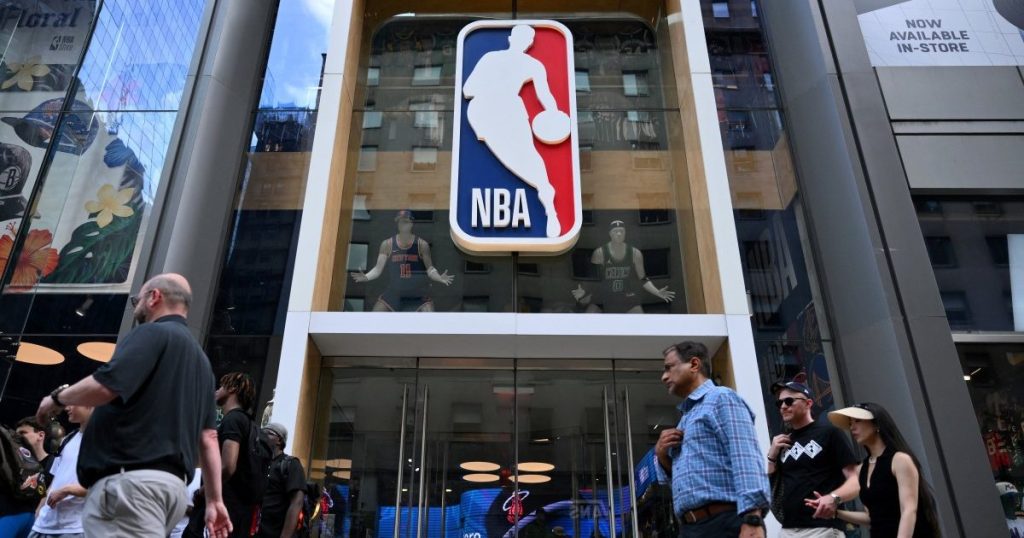The National Basketball Association (NBA) is exploring the creation of a professional basketball league in Europe, marking a significant potential expansion of the league’s global footprint. This initiative, currently under review by the NBA’s Board of Governors, envisions a league comprising eight to ten franchises, strategically positioned in major European markets. This expansion aims to capitalize on the growing popularity of basketball in Europe and tap into the largely untapped commercial potential of the sport in the region. The proposal, if approved, would represent a landmark development in the global basketball landscape, potentially reshaping the dynamics of professional basketball in Europe and strengthening the NBA’s international presence.
A key aspect of the proposed European league is the planned inclusion of existing EuroLeague teams. The integration of up to four established EuroLeague franchises would provide the new league with immediate credibility and a competitive foundation, leveraging the existing fan base and infrastructure of these successful clubs. This integration could also streamline the transition for players and coaches, fostering a more seamless integration of the new league into the existing European basketball ecosystem. However, the inclusion of EuroLeague teams might also raise competitive concerns and necessitate careful negotiations to ensure a smooth transition and minimize disruption to the existing European basketball structure.
The proposed league’s financial framework suggests a substantial investment opportunity for potential stakeholders. New franchises in cities like London and Paris, identified as key target markets, are estimated to be worth as much as $500 million each. This valuation reflects the significant market potential of these major European cities and the anticipated growth of the league. The NBA’s plan to sell permanent franchise slots to outside investors, including sovereign wealth funds, private capital groups, wealthy individuals, and existing European basketball clubs, further underscores the league’s intention to establish a financially robust and sustainable league structure. This approach also opens the door for diverse ownership models and potentially fosters greater local engagement and investment in the league’s success.
The NBA’s collaboration with FIBA, the international governing body for basketball, is a crucial element of this proposed expansion. The league has emphasized that any new European competition would be launched in partnership with FIBA, signifying a commitment to working within the established framework of international basketball governance. This partnership is essential for navigating the complexities of integrating a new league into the existing European basketball landscape and ensuring alignment with international regulations and competition structures. The collaborative approach also signals the NBA’s recognition of FIBA’s role in overseeing global basketball and the importance of maintaining a positive working relationship with the governing body.
The potential implications of a new NBA-backed European league are far-reaching. While the prospect of increased investment and exposure for European basketball is undeniably attractive, the impact on existing leagues and competitions remains a key consideration. The EuroLeague, in particular, could face significant competition from a well-funded and NBA-backed league, potentially leading to a reshuffling of the European basketball hierarchy. The introduction of new franchises in major European markets could also impact the development of local talent and the competitive balance within national leagues. Careful consideration of these potential impacts is crucial to ensuring the long-term health and sustainability of the European basketball ecosystem.
The NBA’s exploration of a European league reflects a broader trend of globalization within professional sports. As leagues seek to expand their reach and tap into new markets, international expansion has become an increasingly important strategic objective. The NBA’s success in building a global brand and cultivating a passionate international fan base has positioned it well to pursue this expansion strategy. The potential success of a European league could serve as a blueprint for further international expansion in other regions, solidifying the NBA’s position as a truly global sports league. However, the challenges of navigating different cultural contexts, regulatory environments, and competitive landscapes will require careful planning and execution to ensure the long-term viability of such ventures.














